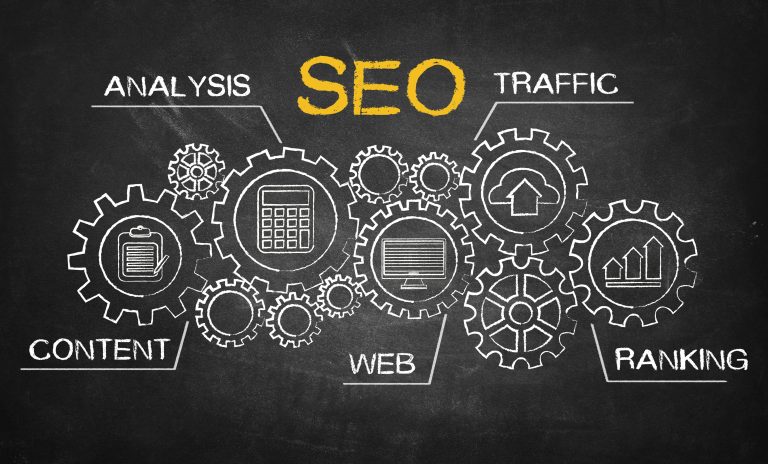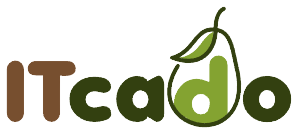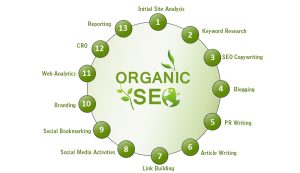Direct Traffic vs Organic Traffic: A Detailed Study
This study breaks down the differences between direct and organic traffic, showing how they work, what benefits they offer, and what this means for online companies as the future of digital marketing and social media. By learning more about these two types of traffic, businesses can improve their online plans, enhance the user experience, and eventually have the biggest effect possible online.
What is Direct Traffic?
It refers to users who arrive at your site by writing the URL directly into their browser, using a bookmark, or coming from links in non-web sources like documents or apps.
What is Organic Traffic?
It refers to users who find your website through unpaid search engine results. These users arrive at your site by clicking on links that appear in SERPs when they search for relevant keywords or phrases.
What Is The Comparison Between Direct and Organic Traffic?
One big difference between these two is where the traffic comes from:
Direct Traffic:
It comes from people who go to a website directly by putting the URL into their web browser, using bookmarks, clicking on links in emails, or doing something else that doesn’t involve search engines or other outside sources.
People who type “www.abcd.com” into their browser, click on a saved link or use a link in an email to go to the website are all examples.
Organic Traffic:
People who find a website through search engine results pages (SERPs) are called “organic traffic.” These people type inappropriate search terms, and the website shows up because it matches those terms.
Someone might use a search engine to find the “best laptop” and then click on a link in the results that takes them to a website that reviews these device.
What is the User's Intent?
Direct traffic:
It means the user already knows about the brand or has a clear idea of where they want to go. They could be repeat users, loyal customers, or people who specifically look for a page or piece of content.
People who type the URL into their browser, go to a page they’ve saved, click on a link in an email, or follow a link from a source they don’t have access to are all clearly trying to get to a specific website or page.
Organic Traffic:
People who are actively looking for goods, information, or services related to their search questions are the ones who bring you organic business. When someone types certain words into a search engine, they want to find specific material or answers. The purpose is often affected by what the person wants or needs. These keywords help organic SEO companies rank their sites. People looking for the “best water bottle” want to learn more about it or buy some. The search question tells them what they want to do.
ITCADO, a dedicated organic SEO consultant specializes in optimizing digital presence through strategic content and technical expertise. With a focus on sustainable growth, we empower businesses to enhance their online visibility and reach their target audience effectively. Leveraging ethical practices and cutting-edge tools, we tailor solutions to drive organic traffic, boost rankings, and maximize ROI for our clients.

How Does Google Analytics Tracks and Attributes Both of These?
Because these come from different sources and have traits, Google Analytics uses different credit and tracking methods for each:
Direct Traffic
Attribution Problems: It’s hard to figure out where direct traffic is coming from because it comes from a lot of different places, like people putting in the URL directly, using bookmarks, clicking on links in emails, or viewing links in papers that they aren’t online. It’s often considered a default group for traffic that can’t be easily linked to any other route.
Tracking: Google Analytics keeps track of direct traffic, but it might give you limited information about the individual sources that fall into the direct group. It is hard for marketers to say which offline marketing or other direct sources led to certain user actions or sales.
Organic Traffic
Attribution: Google Analytics makes it easier to figure out attribution for organic search vs. direct. When people click search engine results, the site records that they came from the organic route. This lets marketers know exactly what keywords people looked for and how those searches led to people visiting their websites.
Tracking: Google Analytics gives you much information about organic traffic sources. For example, you can see how well certain keywords, landing pages, and SEO tactics work generally.

How Do These Influence Marketing?
Because each type of traffic is different, direct traffic and organic traffic have different effects on marketing:
Direct Traffic
Marketing Effects: Offline marketing, brand recognition, and customer trust can all affect direct traffic. People who go to a website directly are probably already familiar with the brand or have encountered it in some other way.
Factors
Brand Awareness: When people are well aware of a brand, they actively look for it by entering its URL or using bookmarks, which leads to direct traffic.
Offline Marketing: Direct traffic from people visiting a website can come from offline ads, word of mouth, and other non-digital sources.
Retention and Loyalty: Direct traffic usually comes from returning customers, showing that past marketing efforts made customers loyal.
Organic traffic
It is highly affected by online marketing efforts, especially those related to search engine optimization (SEO). It provides useful information and shows how well a website meets users’ search questions. So, if you want to do grassroots promotion, pick the best SEO company.
Factors
Strategies for SEO: Keyword optimization, good content, and backlink strategies are all parts of effective SEO that can affect a website’s exposure in search engine results, leading to more organic traffic.
Content Marketing: Interesting, useful, and relevant material that matches what people are looking for helps organic traffic grow.
Technical SEO: A website’s search engine score and, by extension, its organic traffic goes up when it has the right layout, is mobile-friendly, and takes other technical SEO steps.
Conclusion
ITCADO understanding direct and organic traffic differences is crucial for optimizing your online strategies. Direct traffic reflects brand recognition and loyalty from userho intentionally visit your site. Organic traffic, on the other hand, is driven by search engine optimization and demonstrates the success of your online marketing efforts. Businesses can enhance user experiences and maximize their digital impact by leveraging insights from both traffic types.



